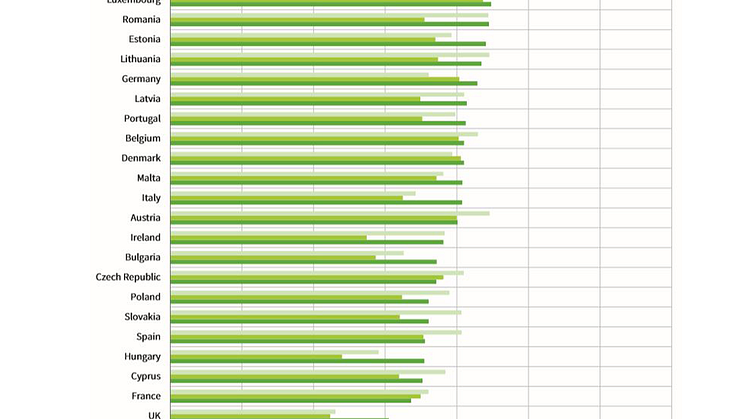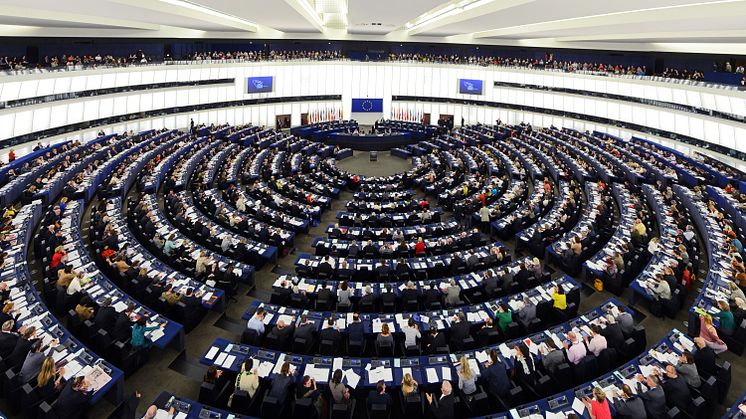Where in Europe do people most trust the media?
This graph, taken from Eurofound’s recent Societal change and trust in institutions report, and based on European Quality of Life Survey (EQLS) data, ranks countries in Europe according to their levels of trust in the media in 2016. It also gives levels of trust for 2007 and 2011.




















